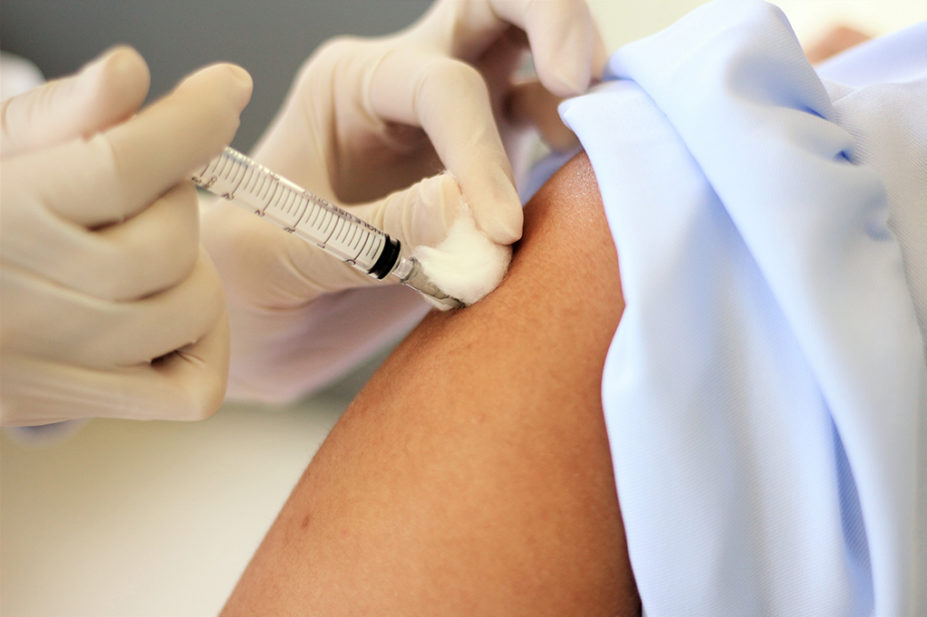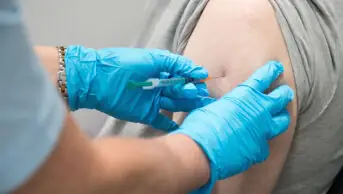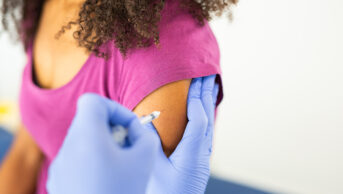
Shutterstock.com
The UK government will assess the effectiveness of the monoclonal antibody cocktail, Evusheld (AstraZeneca), against the Omicron variant of COVID-19 before it commits to purchasing the drug, The Pharmaceutical Journal has been told.
Evusheld is a combination of two monoclonal antibodies — tixagevimab and cilgavimab — and works by binding to the spike protein of the SARS-CoV-2 virus, preventing it from attaching and entering human cells.
In March 2022, it became the first pre-exposure prophylaxis to be approved by the Medicines and Healthcare products Regulatory Agency for the prevention of COVID-19 infection.
It is approved for use in adults who are unlikely to mount an immune response from COVID-19 vaccination or for whom vaccination is not recommended.
The decision to grant the approval was endorsed by the Commission on Human Medicines, the government’s independent expert scientific advisory body, following a review of the available evidence.
However, two months on, the UK government has yet to secure any doses of the drug.
A spokesperson for the government told The Pharmaceutical Journal that the UK Health Security Agency (UKHSA) was carrying out government-funded testing on the effectiveness of Evusheld against the Omicron variant.
Trials of the drug — the results of which suggested that Evusheld reduced the risk of developing symptomatic COVID-19 by 77%, with protection continuing for at least six months following a single dose — were carried out by the international PROVENT trial, before the emergence of the BA.2 Omicron subvariant, the current dominant variant in the UK.
The UKHSA lab testing is therefore being conducted to ascertain effectiveness and length of protection provided against both BA.1 and BA.2 subvariants.
The government spokesperson said: “The UK had so far identified and secured multiple life-saving COVID-19 treatments for NHS patients, which have helped thousands of people.
“Those most at risk from COVID-19 are eligible to receive one of our life-saving antivirals if they catch the virus and the UK has procured more doses per head than any other country in Europe.”
They added that the UKHSA will “closely monitor” the results of its testing, which will inform decisions on next steps, “including procurement”.
The government’s Therapeutics Taskforce is currently engaging with AstraZeneca, which manufactures Evusheld, and will study the product details ahead of further decisions.
The UKHSA is also considering an assessment of the most appropriate patient groups that could potentially benefit from Evusheld, as well as looking at the deployment and administration process for pre-exposure prophylaxis, to inform any next steps.
Evusheld is administered as two intramuscular injections and recipients of the treatment should not be currently infected with or had recent known exposure to a person infected with COVID-19.
Following its approval in March 2022, Penny Ward, visiting professor in pharmaceutical medicine at King’s College London, said that Evusheld could help vulnerable people.
“This treatment could therefore be a good way to protect patients who are not able to respond normally to vaccination and allow this group to be able to return to a more normal life than they are currently able to enjoy,” she said.


